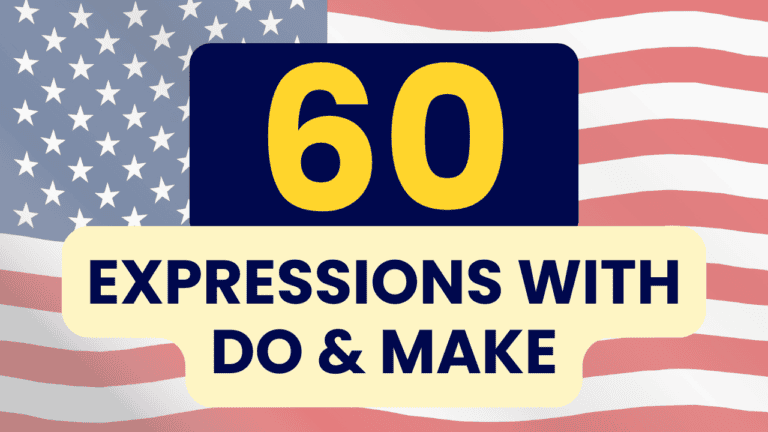
Hello, students! Today I want to answer a question that a student sent to me. Which one is correct: make a decision, or take a decision?
I checked the dictionary and I was surprised to learn that it is possible to “take a decision,” but the more common expression is make a decision. Again, both are correct, but “make a decision” is more common.
Now, three more verbs that you can use with the word decision are:
- arrive at a decision
- come to a decision
- reach a decision
All three of these are usually used when the process of decision making was long and drawn out. The decision required a lot of discussion, debate, or a lot of thought on your part for example. If you arrive at a decision, come to a decision, or reach a decision, it usually means that decision took some time and deliberation to make.
Let’s use this as a starting point to learn some collocations and idioms about decisions. If a decision is big, you can call it a big decision or a major decision. If you want to emphasize the importance of a decision, then you can say it’s a key decision or a crucial decision. “Key” means essential. “Crucial” is even stronger.
If a decision has some historical importance, then you can say it’s a momentous decision or a landmark decision. You’ll often see phrase when a judge or a court makes a decision in a legal case. This decision will serve as a precedent, as an example, for future cases that are similar. You might say it’s a momentous decision or a landmark decision if it will have some importance in history.
If a decision is difficult, you can say it’s a difficult decision, it’s a hard decision, or it’s a tough decision. The more informal way of saying that is it’s a tough call. A “tough call” simply means a difficult decision.
Now, if a decision is quite easy and it’s obvious which one is the best choice, that type of decision is called a no-brainer. This is an informal way to say that it doesn’t require much thought. It’s easy to make the decision. It’s a no-brainer.
A decision that is made quickly can be called a prompt decision or a snap decision. The word “snap” is also used for making a “pop” sound with your fingers. A snap decision is one that is done instantly.
Now, a decision which is made quickly is not always the best decision because maybe you didn’t have all the necessary information. Some words to describe a decision that was made quickly and which was really not a good decision are a hasty decision, a rash decision, or a knee-jerk decision. All of these words have a negative connotation. It means the decision was made too quickly without considering all the facts properly.
A decision that cannot be changed after it has been made is an irreversible decision. Irreversible means it can’t be reversed.
Three more words to describe a decision that was good are a sensible decision, a wise decision, and a rational decision. All three of these have a positive connotation. To describe a decision that was bad, you can say it was a poor decision or an unwise decision. Unwise is the opposite of wise.
Another word that’s often used to describe a decision that’s not so good is an arbitrary decision. The word arbitrary means based on chance or based on impulse, not based on logical, rational facts. The opposite of a rational decision (a rational decision is one that is logical and considers the facts) is an arbitrary decision, one that doesn’t seem to have much support in true facts or information.
If you are having difficulty making a decision, you can say, “I’m on the fence.” “On the fence” means you’re in the middle, between one side and the other. You can also say, “I can’t make up my mind.” “Make up my mind” is a very common expression which means make a decision.
If you are really in a difficult situation and you have no idea what decision to make, then you can say, “I’m in a quandary.” A quandary is a very difficult situation where you don’t know what decision to make and there could be negative consequences based on your decision.
Some people like to keep their options open. This means to delay making a final decision or a final commitment. Sometimes you need to decide between two things which are both bad, unfortunately. In this case you might have to choose the lesser of two evils. That means you try to choose the less bad option. Both of them are bad but you try to choose the one that will do the least damage.
Another decision making technique that some people use is to always have a plan B. Plan B is a backup plan. It’s what you will do if your first choice doesn’t work out. If your first choice isn’t successful, then you adopt plan B. That is the backup choice, which will give you a chance of success even though the first choice didn’t work out.
Those are a couple of dozen collocations and expressions involving decision-making. Thanks for joining me today. I’ll see you next time!










